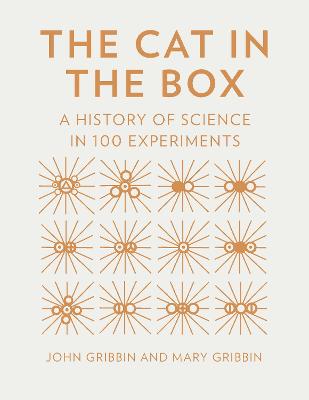Reviewed by annieb123 on
This book is divided into 100 short chapters, each illustrating and explaining an important scientific discovery and, to a lesser degree, the scientists associated with them. It's very well illustrated with many photographs and diagrams of the experiments (and much of the equipment used). Written in an open informal style, the language is accessible to the average interested reader. The experiments and discoveries are listed in roughly chronological order, starting with Archimedes in 200something B.C. and ending with a short study in cosmology which could (literally) be taken out of today's headlines.
I could definitely see this book being used as support material in a classroom setting for middle grades up to college age, or simply enjoyed as an information filled read. It would be a good resource book for libraries as well.
One of the things that especially appealed to me about this book is that it covers a lot of 'meaty' scientific history and manages to do so without requiring an unreasonable or intimidating amount of math/physics background from the reader. People who swear they don't enjoy mathematics will find plenty to enjoy in this book. Since it covers a broad range of subjects, from genetics to particle physics to biology and cosmology, there's a lot for other disciplines to read and learn about also.
In addition to the 100 experiments, there's an afterword (props for all the Feynman quotes), followed by a really useful index and bibliography/picture credit section. Plenty of scope for further reading.
Critical thinking and reasoning ability are more important now than ever. Every day we're inundated with media bombardment purporting to tell the truth. It's absolutely vital to know what to believe and to be reasonably adept at winnowing out the truth from fiction. Scientific reasoning is a method of training ourselves to be more adept at figuring out what to swallow.
Stats:
Author: John Gribbin, Mary Gribbin
288 pages, Hardback
Released Sept 1, 2017 from Quarto Publishing Group - Race Point
Four stars for content and accessibility. Great fun!
Disclosure: I received an ARC at no cost from the author/publisher.
Reading updates
- Started reading
- Finished reading
- 5 December, 2017: Reviewed
